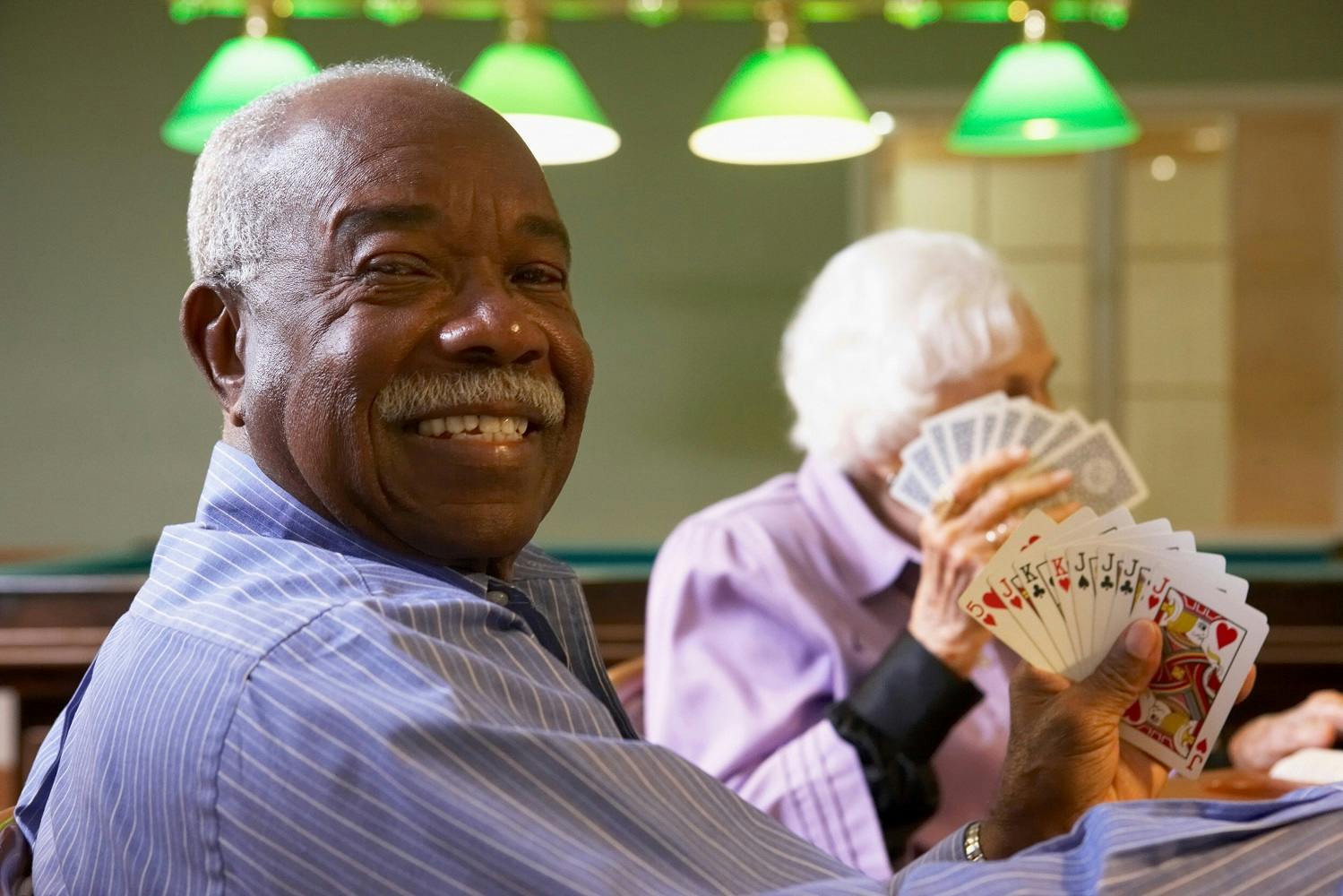
Hobbies can boost your brainpower and bring joy to your daily life. Here’s how to get started.
Many people look at hobbies as just a way to kill time. But that’s not the whole story. Hobbies make life fun and meaningful, and research shows they may contribute to healthy aging.
“First and foremost, hobbies help older adults — and all adults — remain engaged, which staves off boredom and isolation,” says Brittany Ferri, Ph.D., an occupational therapist based in Rochester, New York. “These are common issues with older adults, and they can contribute to a range of health issues.”
Hobbies are particularly beneficial for your brain. Multiple studies have shown that people who take part daily in fun activities are less likely to have a decline in memory.
In one recent study of 50,000 adults over 65, researchers found that those who were most engaged in photography, golf, travel, gardening, and other hobbies were the least likely to develop dementia.
Older research has found similar results for reading, dancing, and playing board games. When researchers from the University of Pittsburgh tried to quantify how much time a person should spend on hobbies, they landed at one hour each day. That seems to be ideal for possibly preventing dementia.
What makes a good hobby?
You’re looking for three things, says Jameca Woody Cooper, Ph.D., a psychologist and adjunct professor at Webster University in St. Louis, Missouri. She’s the author of I Am My Sister’s Keeper. Hobbies should:
- Keep you engaged
- Bring you joy
- Require knowledge or skill
In other words, a hobby should be active, fun, and mentally challenging. That casts a wide net. It could include hiking, woodworking — even video games. In a 2017 study, adults ages 55 to 75 who played Super Mario 64 daily for six months experienced new growth in the hippocampus regions of the brain. Those areas are associated with learning and memory.
In the end, a hobby is a personal choice, and it should reflect your interests. “As you enter your retirement, this is your chance to spend your days doing the things that make you happy and bring meaning to your life,” says Julia Zeuner, a social worker for older adults at 92nd Street Y in New York City. “Indulge and engage in what interests you most and what you’re passionate about.”
You may already have a hobby you’re considering. If not, here are some ideas that will get your synapses firing. Any of the activities on this list can bring you happiness and help keep your brain strong for years to come.
1. Try painting
“Painting is a great way to create new pathways in the brain while expanding creativity and motor skills,” says Ferri. Working with brushes, she says, can also help loosen stiff joints and manage conditions such as arthritis or carpal tunnel syndrome.
Plus, the barrier to entry is low. You don’t have to be good, and for about $50, you can buy a small easel, paintbrushes, canvas panels, and a set of paints.
2. Find your tai chi flow

Tai chi is an ancient Chinese practice that uses slow, gentle movements that combine elements of meditation and exercise. It’s amazing for reducing stress. Older adults who practice it may even lower their risk of falling, according to research from the BJM Open. “Tai chi helps to strengthen, stretch, relax, and improve balance, which is extremely important for older adults who might have issues with stability,” says Woody Cooper.
You may be able to find tai chi classes in your area. Or to get started at home, think about pulling up online tutorials for beginners on YouTube.
3. Start writing
You could try your hand at writing a memoir, fiction, or poetry. Or just make a habit of journaling daily to see what comes out. “People who have never written creatively in their lives have a lot to say,” says Zeuner. “Writing helps them reflect on their past, and what they write is a legacy they can pass on to future generations.”
If you need help kick-starting the habit, consider taking classes through Gotham Writers Workshop, hosted by trained instructors, or MasterClass ($180 a year), which provides access to famous writers such as James Patterson, Margaret Atwood, and David Sedaris.
4. Join a bridge club

“Bridge is a great skill that challenges your mind, keeps you socially engaged, and offers a continuous opportunity to grow,” says Zeuner. “All you need is a willingness to learn. If you used to play in your 20s and you’re now in your 70s, it comes back! Don't be afraid to try it again — or even for the first time.”
If you have friends who play, ask about sitting in on a game to learn the rules. Otherwise, you can find countless ongoing games online. You can either play against a computer or other humans. “Online bridge is available to anyone, anywhere,” says Zeuner.
5. Tackle puzzles and brain games
Crossword puzzles and sudoku can be fun, addictive, and good for your brain. In an International Journal of Geriatric Psychiatry study of adults between 50 and 93, those who did these types of puzzles more than once a day performed best on 10 measures of cognitive function.
If you prefer digital puzzles, just search for brain games online.
6. Hunt for treasure

Ever heard of geocaching? It’s a game that crosses over from the internet into the real world. People hide prizes, or cache, in the real world, and then they leave clues and maps to help users like you find the treasures. It’s like a big game of hide-and-seek that plays out in your local parks and on nearby trails.
“Geocaching helps with orientation, organization, and memory,” says Ferri. She suggests enlisting friends to make it a social treasure hunt. “Gather friends who like scavenger hunts and exploring,” she says. And once you’re an accomplished hunter, you can stash your own cache for others to find.
You can sign up for geocaching here.
7. Learn the thing you always wished you knew how to do
Didn’t find the hobby you were looking for? Try starting with something you’ve always been fascinated with but never made time for. Then approach it like a student.
“Name one thing that you wish you had learned more about,” says Woody Cooper. “Maybe it’s horoscopes, starting an herb garden, or comic books. Whatever area you regret not having more knowledge in is a potential area where you can begin to explore.”
And this, she says, is how hobbies begin: With a curious mind and a desire to learn.
Additional resources
- ClearMatch Medicare: Find a Medicare Plan
- National Library of Medicine: Types and Number of Hobbies and Incidence of Dementia Among Older Adults
- National Library of Medicine: The MoVIES Project
- New England Journal of Medicine: Leisure Activities and the Risk of Dementia in the Elderly
- British Medical Journal: Tai Chi for Preventing Falls in Older Adults
- Wiley Online Library: The Relationship Between the Frequency of Number-Puzzle Use and Baseline Cognitive Function


